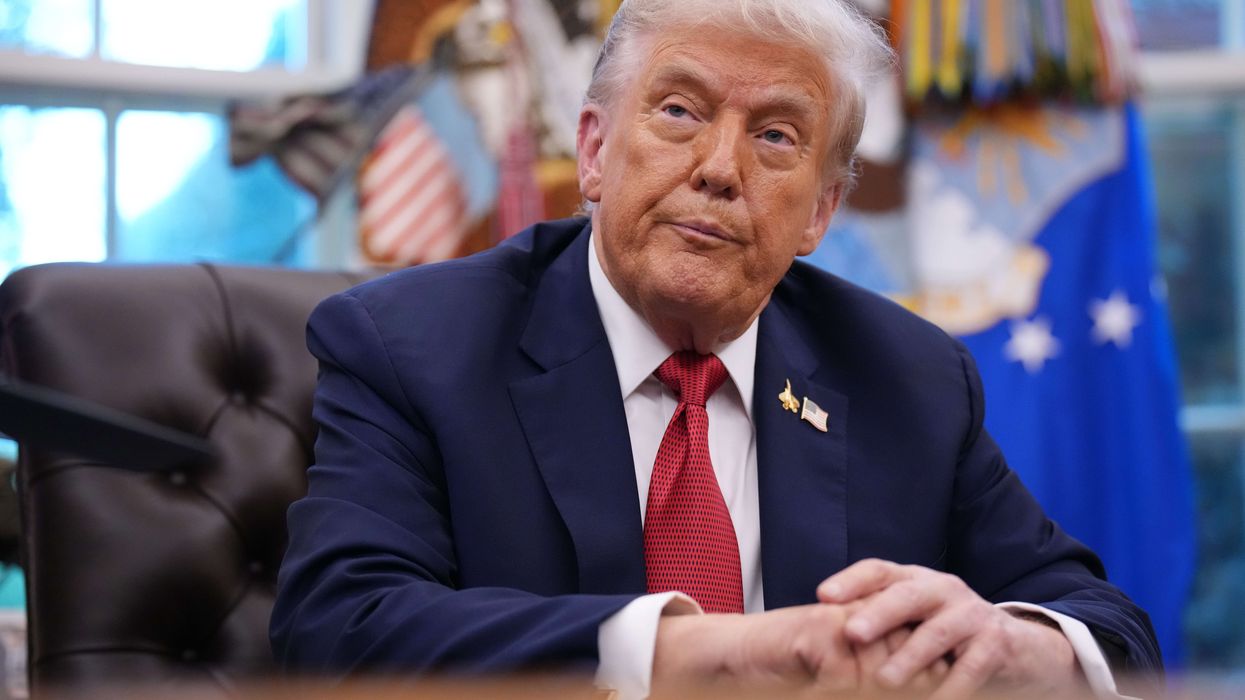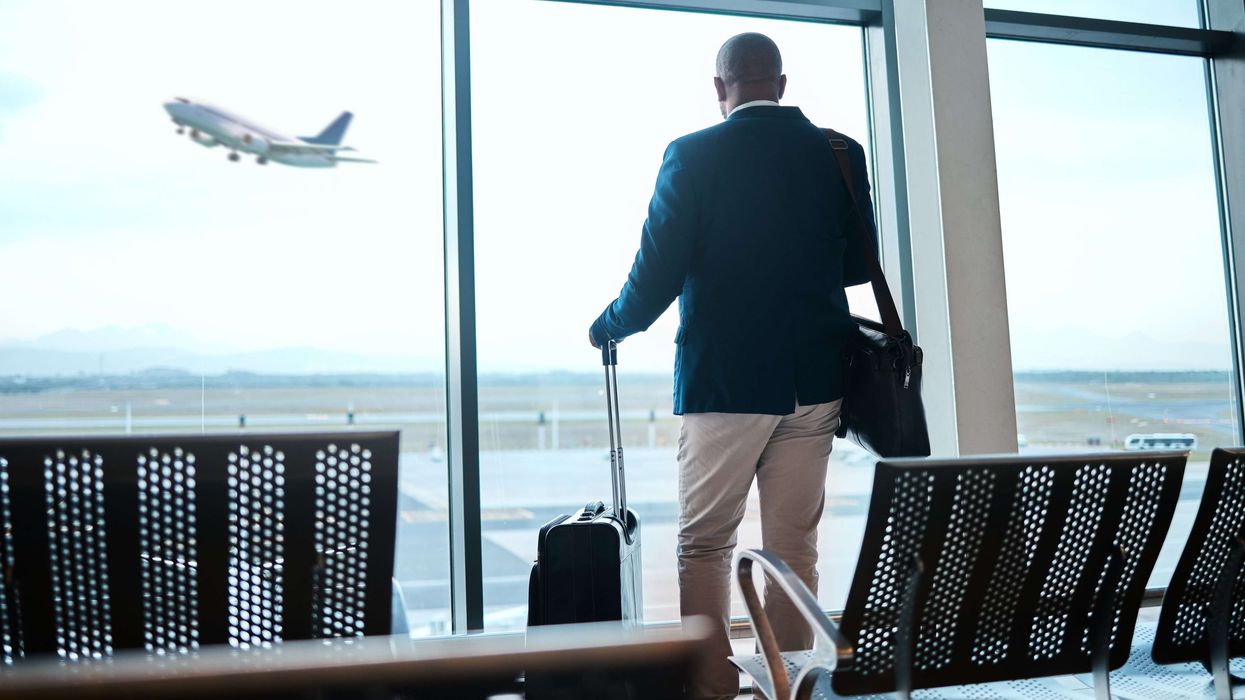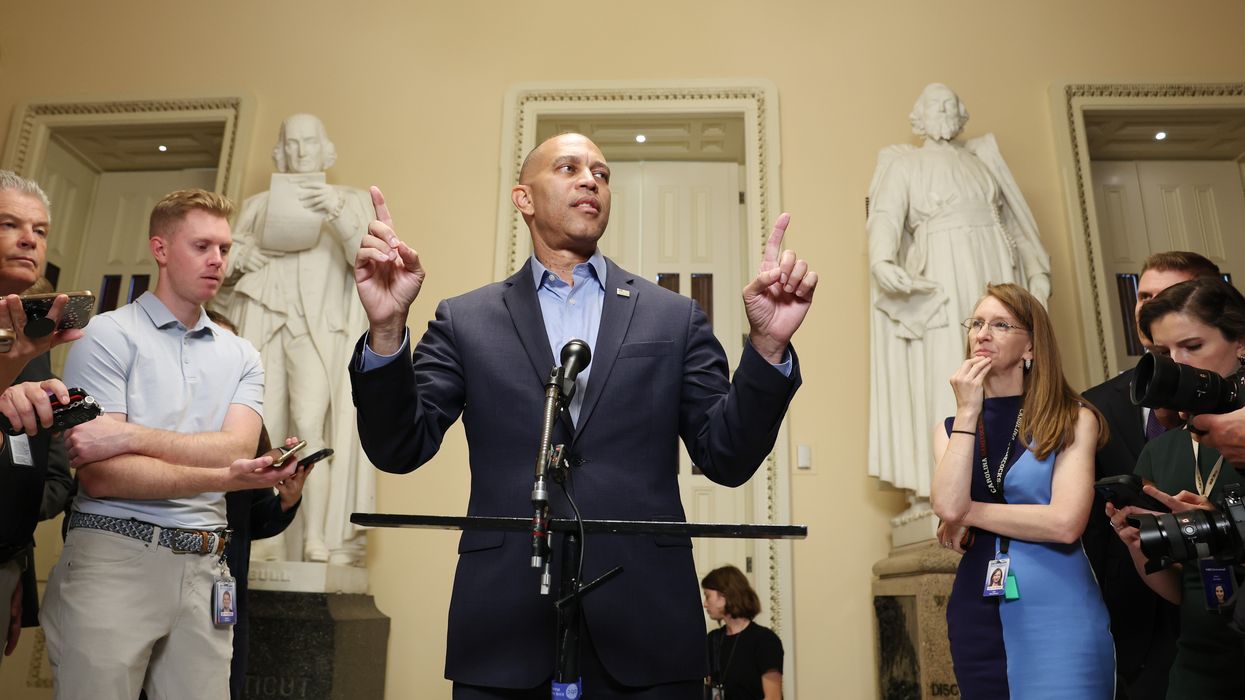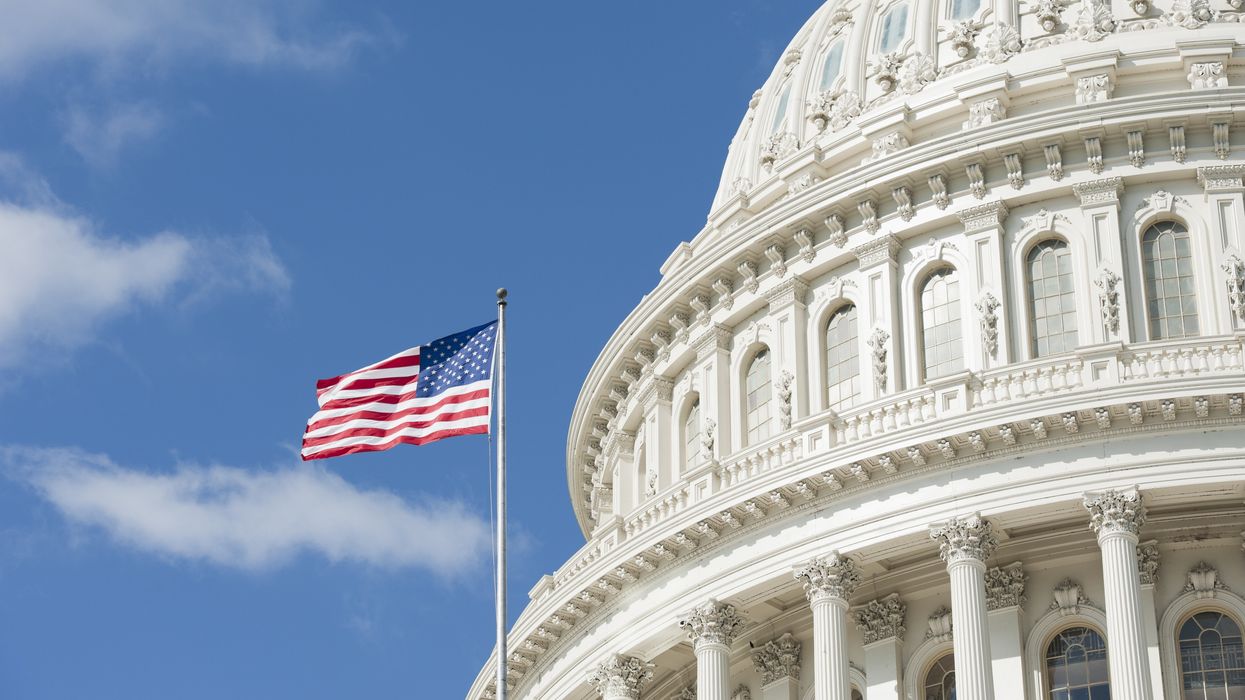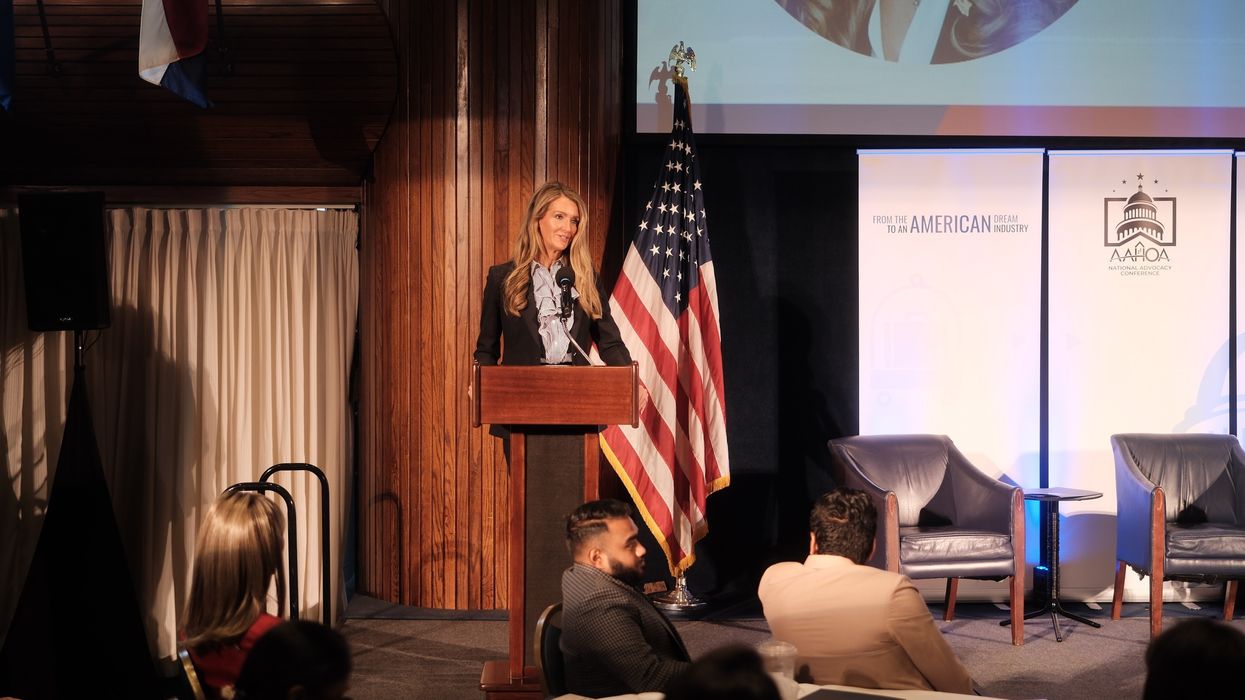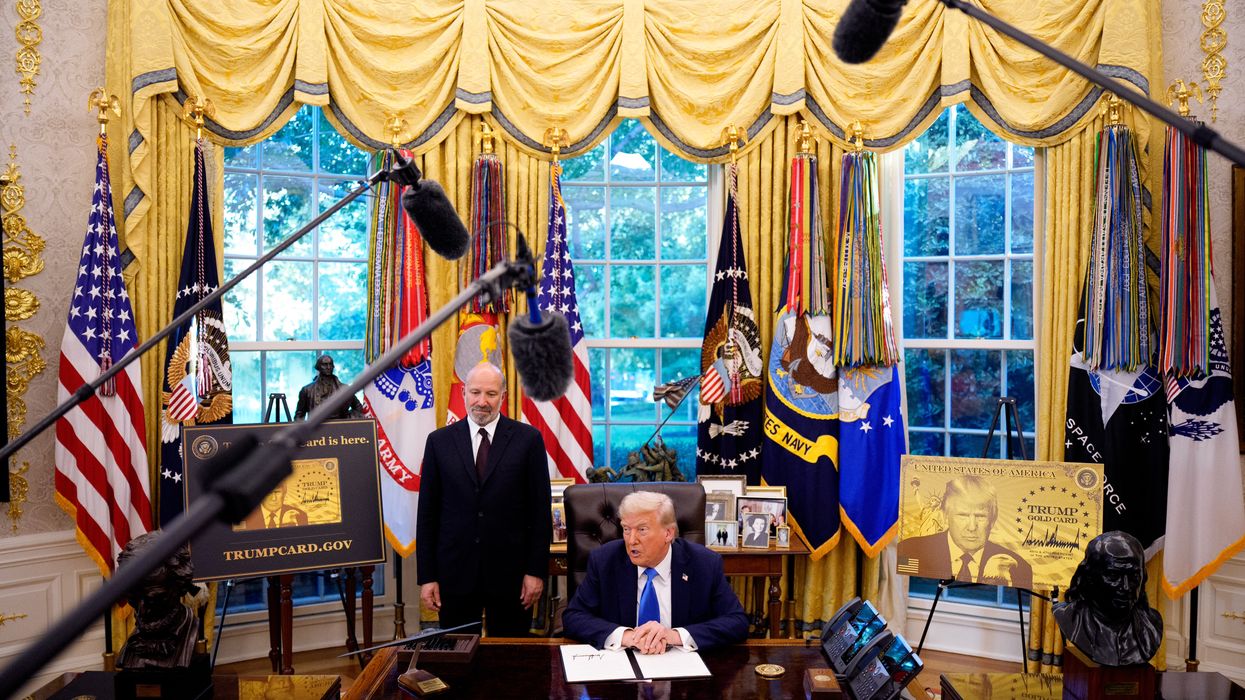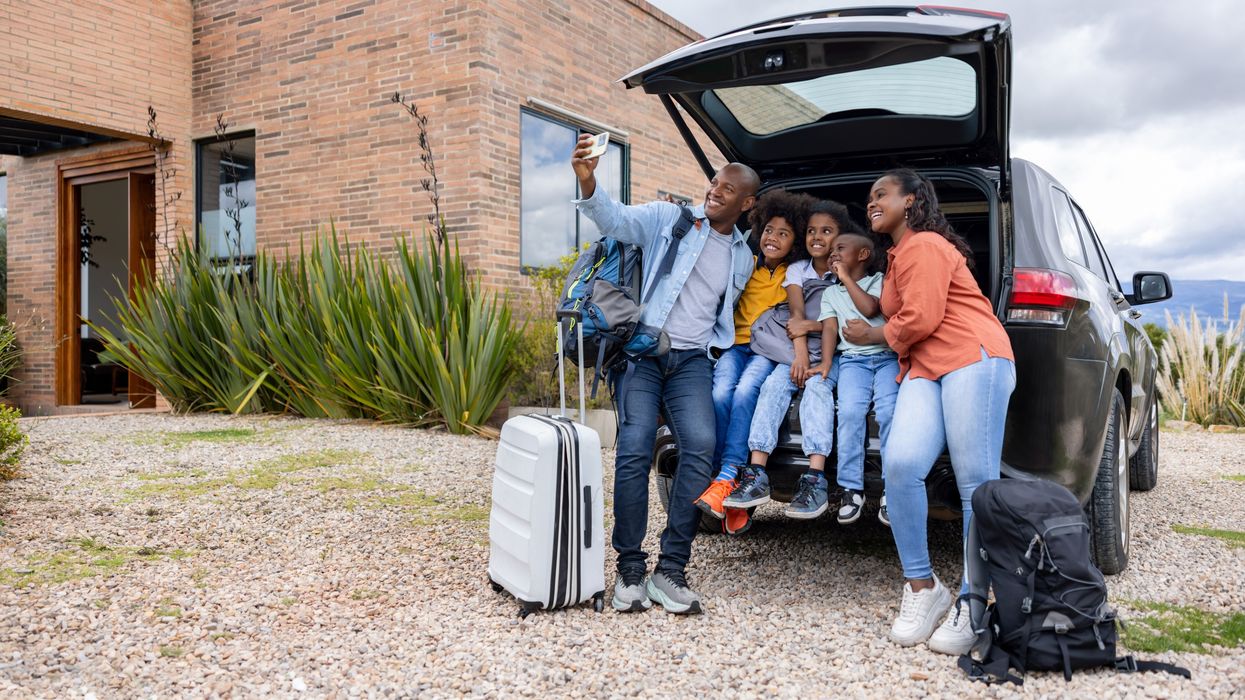Summary:
- President Donald Trump will meet Congress as a shutdown looms.
- Democrats say they are ready to negotiate a bipartisan deal.
- Thousands of federal jobs and the U.S. travel economy are at risk if a shutdown occurs.
PRESIDENT DONALD TRUMP will meet Congressional leaders on Monday after Senate Democrats rejected a Republican stopgap spending bill to fund the government until Nov. 21. The U.S. Travel Association recently warned a government shutdown could cost the travel economy $1 billion a week.
Democrats want spending bills to reverse Trump’s Medicaid cuts, while Republicans want healthcare addressed in broader budget talks, according to Al Jazeera.
Senate Minority Leader Chuck Schumer, House Minority Leader Hakeem Jeffries, House Speaker Mike Johnson and Senate Majority Leader John Thune are expected to meet Trump at the White House.
“If it has to shut down, it’ll have to shut down. But they’re the ones that are shutting down government,” Trump told ABC News.
Democrats shifted the blame to Trump but also kept the door open to negotiations.
“President Trump has once again agreed to a meeting in the Oval Office,” the Democratic leaders said. “As we have repeatedly said, Democrats will meet anywhere, at any time and with anyone to negotiate a bipartisan spending agreement that meets the needs of the American people. We are resolute in our determination to avoid a government shutdown and address the Republican healthcare crisis. Time is running out.”
The government will shut down Wednesday if Congress doesn’t pass a short-term spending bill. The Senate could vote Monday on an extension Democrats previously rejected, The Wall Street Journal reported.
The White House warned that thousands of government jobs could be at risk if the government shuts down at midnight Tuesday. In a memo to federal agencies, the administration said Reduction-in-Force plans would go beyond standard furloughs, according to POLITICO.
Trump reportedly warned Sunday of widespread layoffs if the government shuts down this week.
“We are going to cut a lot of the people that … we’re able to cut on a permanent basis,” he said.
More than 100,000 federal employees could lose their jobs as early as Tuesday if the government shuts down, India’s Times Now reported.
A shutdown would disrupt federal agencies, including the TSA and hurt the travel economy, USTA CEO Geoff Freeman wrote in a Sept. 25 letter to Congress.
A recent Ipsos survey cited in the USTA letter found 60 percent of Americans would cancel or avoid air travel during a shutdown. About 81 percent said shutdowns harm the economy and inconvenience travelers and 88 percent said Congress should act across party lines to prevent one.
